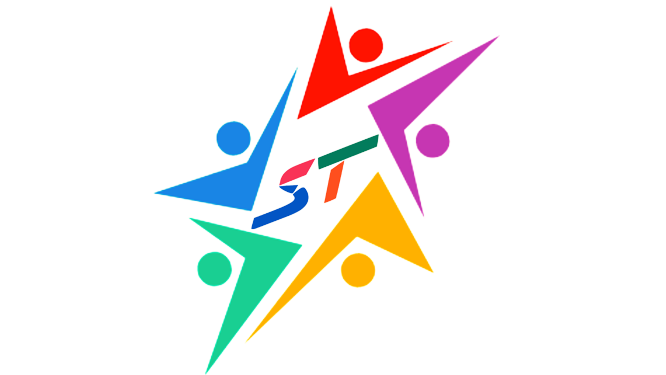Erin Green ,27 September 2022
Freelance journalist Seblewongel Tariku, in a story entitled “Comparative Iraqi and Ukrainian refugees’ media coverage in Finland,” explores perspectives and media coverage of two different sets of refugees: those from Iraq and those from Ukraine.
She finds, for many different reasons, both public perception and media coverage of refugees may become unfairly skewed. As we welcome refugees in our home countries, and help them share their stories, we might first examine some of our own biases—explicit and implicit—at play.
The following findings, extracted from Tariku’s full paper, pinpoint some reasons why bias forms in the first place.
Groups of refugees that contain young men may not be as welcomed as those groups made up largely of women and children.
Women and children may be stereotyped as victims, while men may be stereotyped as perpetrators and even as a threat.
If a refugee’s skin color is smiler to the host country, he or she may be more welcomed.
One lecturer quoted in the paper holds the strong view “that it is somehow easier to raise sentiments of compassion and empathy toward the latest migrants, partially thanks to their skin color and socioeconomic status, comprising Ukrainian agricultural workers and their being portrayed as hardworking people.”
People react more compassionately when a crisis is near—geographically, politically, historically, and culturally.
One researcher notes: “This can be linked also to fear – people wanting to help because the war in Ukraine has made Finns realize that this sort of a catastrophe might just face us someday.”
Language barriers prevent the real stories from being told
Lack of translators and journalists’ lack of experience covering certain regions can hinder the sharing of stories from refugees.
Crime reporting may undeservedly take center stage
If media frequently highlights minor transgressions by a few refugees, this can become a falsely expanded accusation toward all other refugees – even all immigrants – of being rapists or criminals.
Want to listen? Tariku produced an accompanying podcast available here.
Seblewongel Tariku’s work is part of Changing the Narrative, a project produced by the World Association for Christian Communication regional associations in Africa, Europe, and Middle East with financial support by the Otto per Mile foundation of the Waldensian Church in Italy. For more information—and more stories—visit the project webpage here.

Recent Comments